简体中文
繁體中文
English
Pусский
日本語
ภาษาไทย
Tiếng Việt
Bahasa Indonesia
Español
हिन्दी
Filippiiniläinen
Français
Deutsch
Português
Türkçe
한국어
العربية
RETHINK RESTRICTION ON 43 PRODUCTS FOLLOWING THE FOREX CRISIS
Abstract:The Central Bank of Nigeria last week lifted its ban on obtaining FX for the purchase of 43 commodities from the official market, which pleased the business community but also raised some concerns in the midst of a crushing foreign cash shortage. The top bank declared that it was increasing the amount of dollars available on the market and releasing importers to buy at official window. While there are compelling arguments in favor, there are concerned about some of the things on the list.
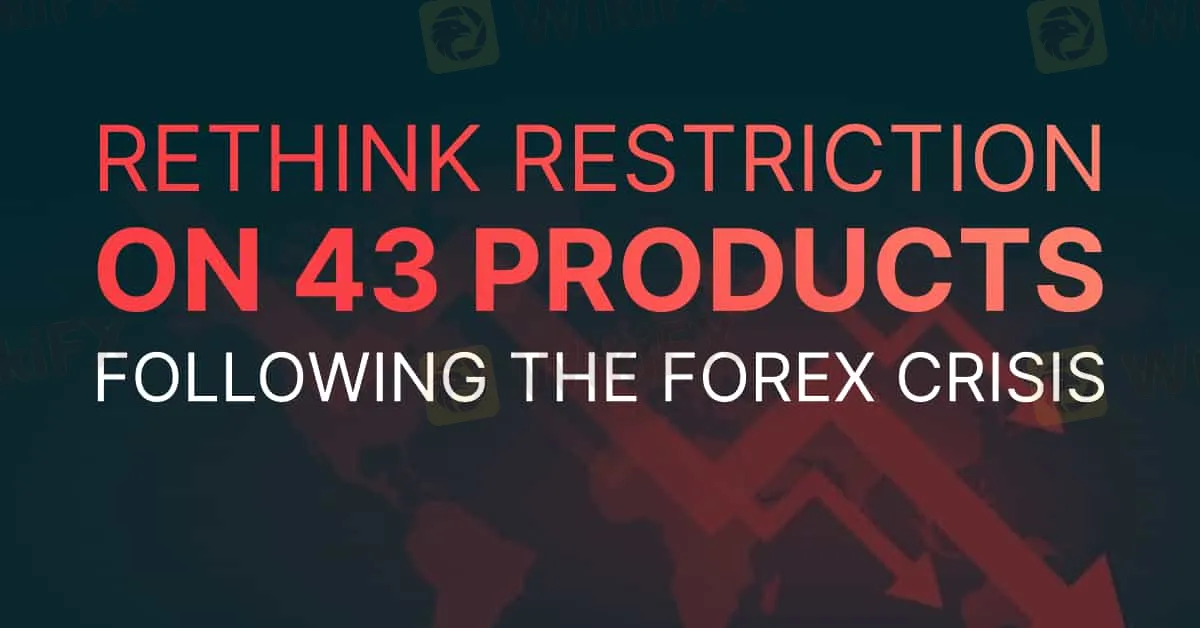
The Central Bank of Nigeria last week lifted its ban on obtaining FX for the purchase of 43 commodities from the official market, which pleased the business community but also raised some concerns in the midst of a crushing foreign cash shortage. The top bank declared that it was increasing the amount of dollars available on the market and releasing importers to buy at official window. While there are compelling arguments in favor, there are concerned about some of the things on the list.
The CBN highlighted how the change in market policy will increase market liquidity and pledged to occasionally intervene to relieve difficulties till liquidity improved.
The CBN made it clear when it implemented the ban in June 2015 (there were initially 41 items), saying it was done to reserve foreign currency and promote domestic production, self-sufficiency, and exports.
Since June of this year, when newly elected President Bola Tinubu sparked a unification of the depreciation of the naira has gotten worse. Over the weekend, the naira was worth N1,050 to one dollar.
Many companies struggle in getting necessary raw materials, equipment, and parts in foreign currencies. SME closures and layoffs are reported, and even suffered setbacks.
The OPS has repeatedly demanded that direct foreign sales for the 43 commodities be lifted. These include rice, cement, goods made of palm oil, vegetable oils, processed meat, steel pipes and drums, cans of fish, wheelbarrows, produce, products made of soap and tomato paste.
The ban was unneeded for the OPS. According to the Manufacturers Association of Nigeria, 200 of its members persisted. It said that some of the products are raw ingredients that are ill-advised. Operators said that the prohibition increased currency market distortions and was between the official Importers and Exporters Window.
The Center for Promotion of Free Enterprise further stated that because the products were not prohibited from import at the time the restriction was put in place, the blacklisting went against policy.
Such restrictions are criticized by proponents of free trade who point to advantages such access to higher-quality goods at lower prices, bigger markets, and improved production efficiency. This is because the economy had grown more complicated, such limitations were no longer useful.
According to Abebe Selassie, head of the IMF's Africa Department, “The best way to manage a modern economy is to have fiscal policy lever, lever to use to affect the kind of policy outcome you want, rather than saying I don't like these goods so I don't want it to come in.”
Actually, most defenses of free markets crumble in the face. Additionally, collaboration with the OPS is preferred.
Many people are consequently perplexed by the fact that producers will have to fight for FX with importers of toothpicks at a time of such extreme scarcity, when crucial sectors and sub-sectors are dollar-starved!
Although it unrestricted market access should be balanced by taxes and tariffs, Nigeria has the dual disadvantages of extreme adversity and institutional inadequacies.
According to the first, only products employed as intermediary goods and those necessary to stop hunger should have been permitted. But toothpicks, apparel, cooking equipment, dinnerware, wooden doors, meat, and vegetables should have remained banned until the economy and the forex squeeze ease.
High-producing industries that create plenty of jobs could be further hampered by existing institutional deficiencies.
Therefore, Yemi Cardoso, governor of the Central Bank of Nigeria, and Tinubu should keep a close eye on events and, if necessary, reassess the list of goods.

Disclaimer:
The views in this article only represent the author's personal views, and do not constitute investment advice on this platform. This platform does not guarantee the accuracy, completeness and timeliness of the information in the article, and will not be liable for any loss caused by the use of or reliance on the information in the article.
Read more
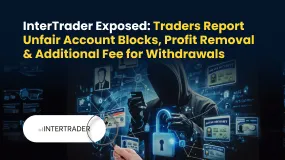
InterTrader Exposed: Traders Report Unfair Account Blocks, Profit Removal & Additional Fee for Withd
Does InterTrader block your forex trading account, giving inexplicable reasons? Does the broker flag you with latency trading and cancel all your profits? Do you have to pay additional fees for withdrawals? Did the UK-based forex broker fail to recognize the deposit you made? Does the customer service fail to address your trading queries? In this InterTrader review article, we have shared such complaints. Read them out.
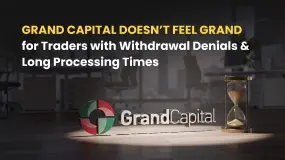
Grand Capital Doesn’t Feel GRAND for Traders with Withdrawal Denials & Long Processing Times
The trading environment does not seem that rosy for traders at Grand Capital, a Seychelles-based forex broker. Traders’ requests for withdrawals are alleged to be in the review process for months, making them frustrated and helpless. Despite meeting the guidelines, traders find it hard to withdraw funds, as suggested by their complaints online. What’s also troubling traders are long processing times concerning Grand Capital withdrawals. In this Grand Capital review segment, we have shared some complaints for you to look at. Read on!
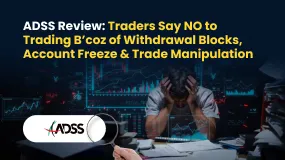
ADSS Review: Traders Say NO to Trading B’coz of Withdrawal Blocks, Account Freeze & Trade Issues
Does ADSS give you plenty of excuses to deny you access to withdrawals? Is your withdrawal request pending for months or years? Do you witness account freezes from the United Arab Emirates-based forex broker? Do you struggle to open and close your forex positions on the ADSS app? Does the customer support service fail to respond to your trading queries? All these issues have become a rage online. In this ADSS Broker review article, we have highlighted actual trader wordings on these issues. Keep reading!
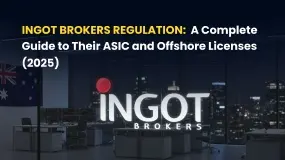
INGOT Brokers Regulation 2025: ASIC vs Offshore License - What Traders Must Know
Explore INGOT Brokers regulation in 2025: Compare their ASIC and Seychelles FSA licenses, understand trader protection levels, and learn about potential risks in this detailed guide.
WikiFX Broker
Latest News
The Debt-Reduction Playbook: Can Today's Governments Learn From The Past?
Germany's "Council Of Economic Experts" Calls For Higher Inheritance Taxes, And Bows To The State
InterTrader Exposed: Traders Report Unfair Account Blocks, Profit Removal & Additional Fee for Withd
Currency Calculator



